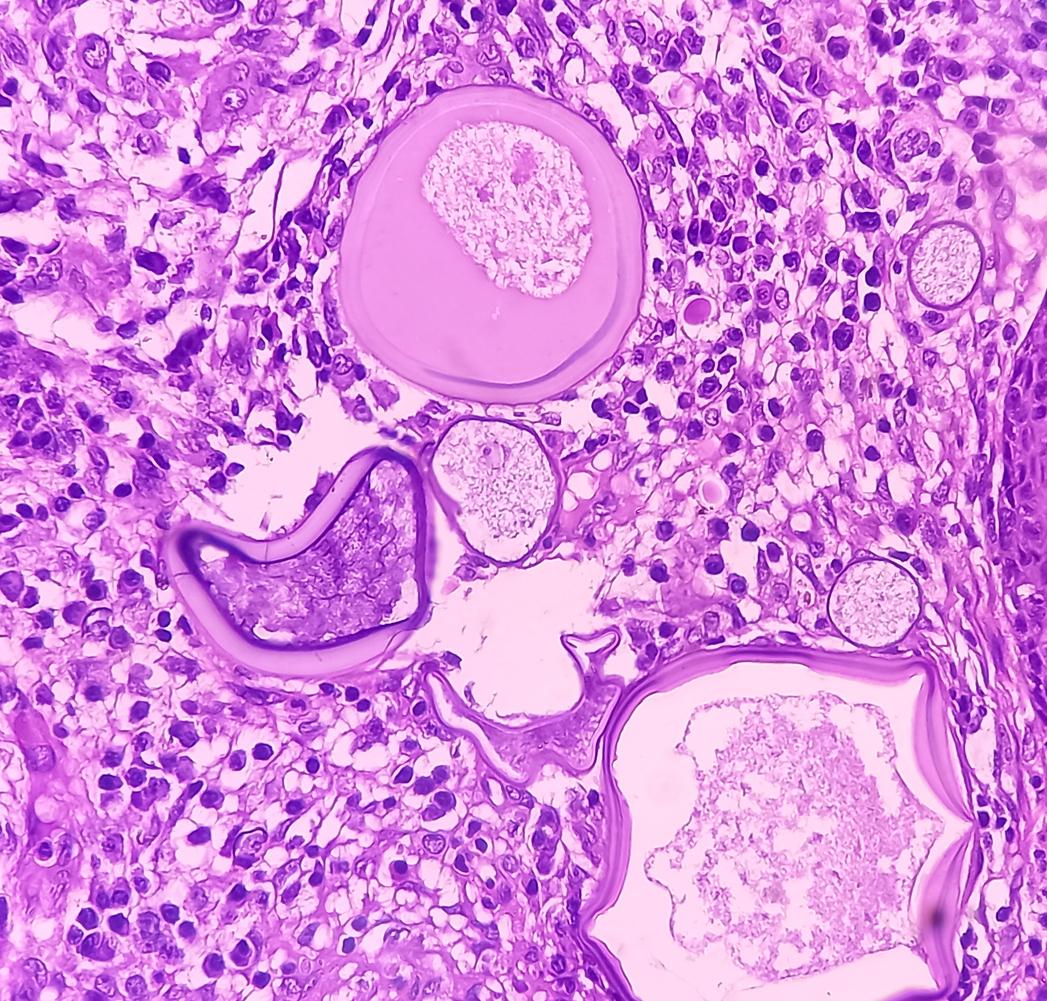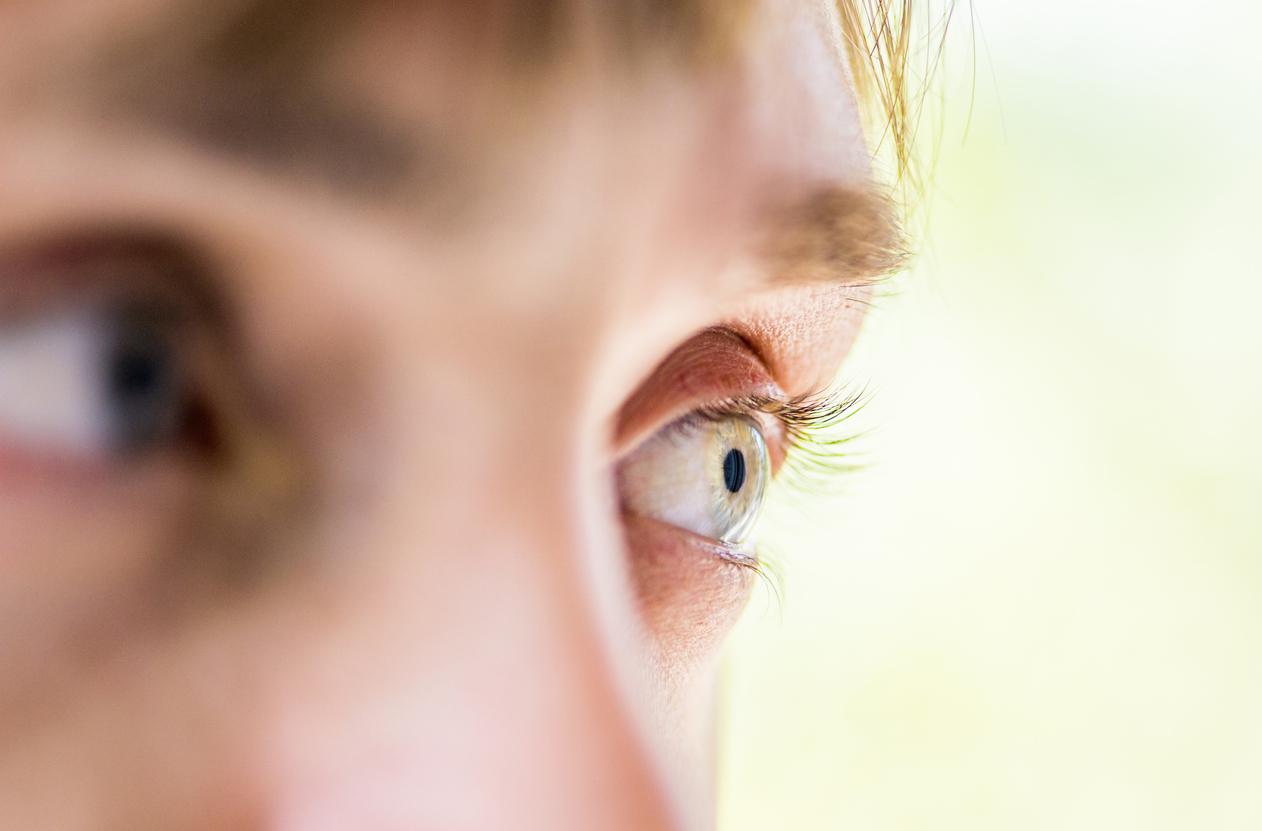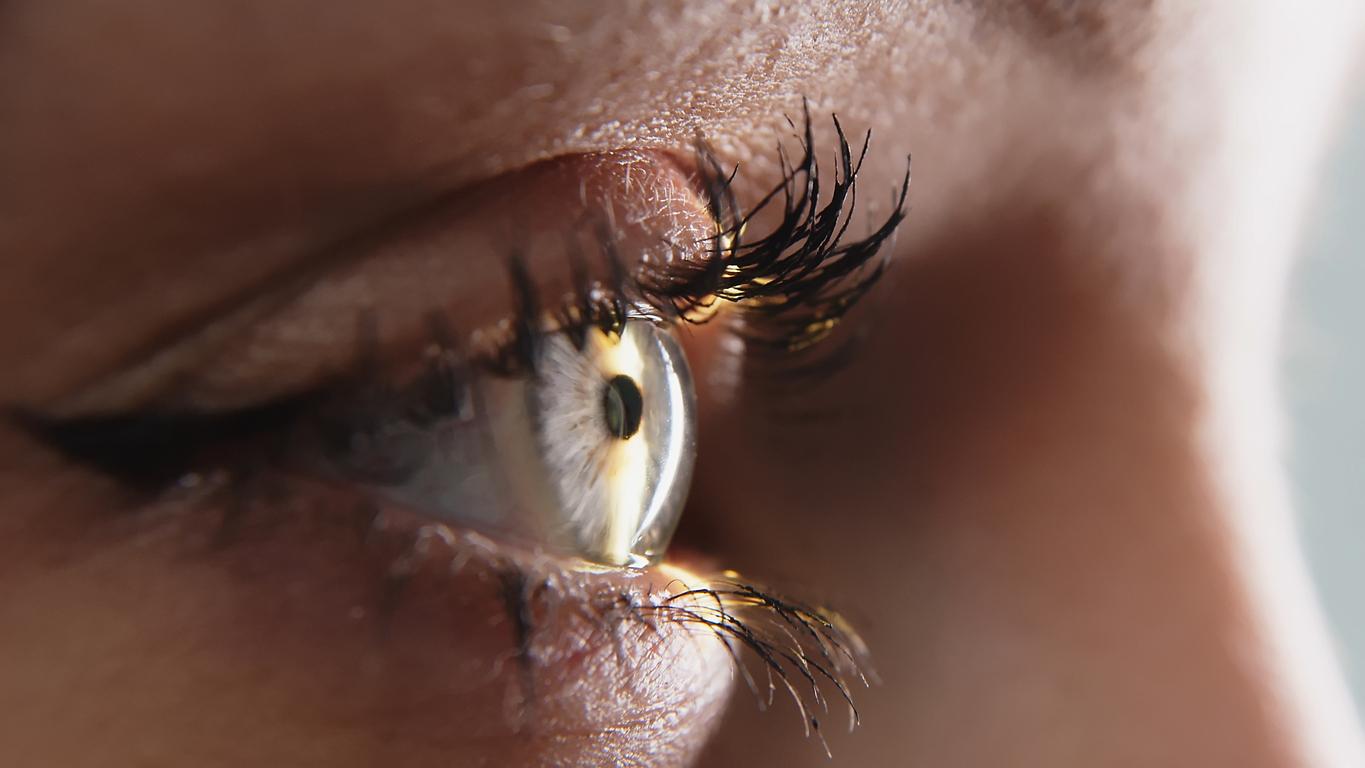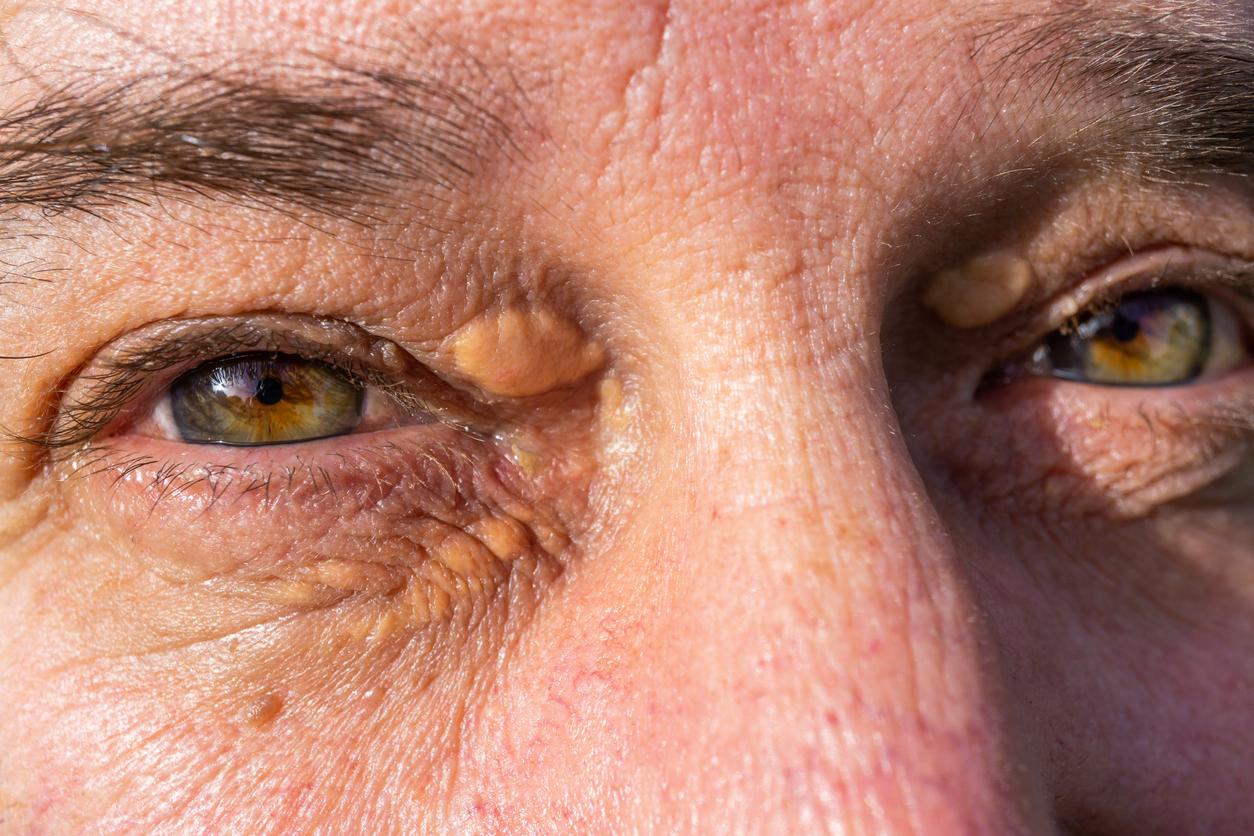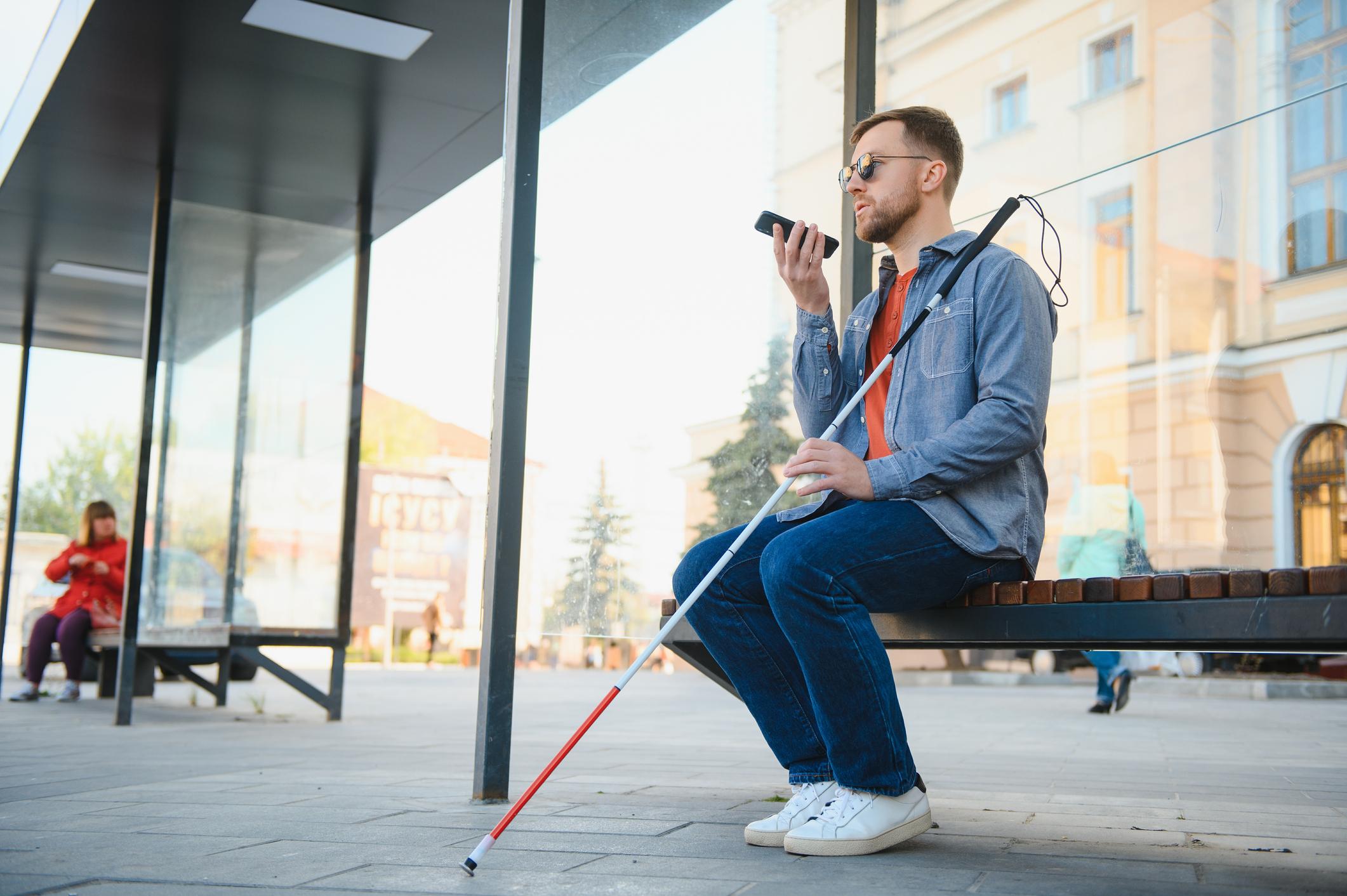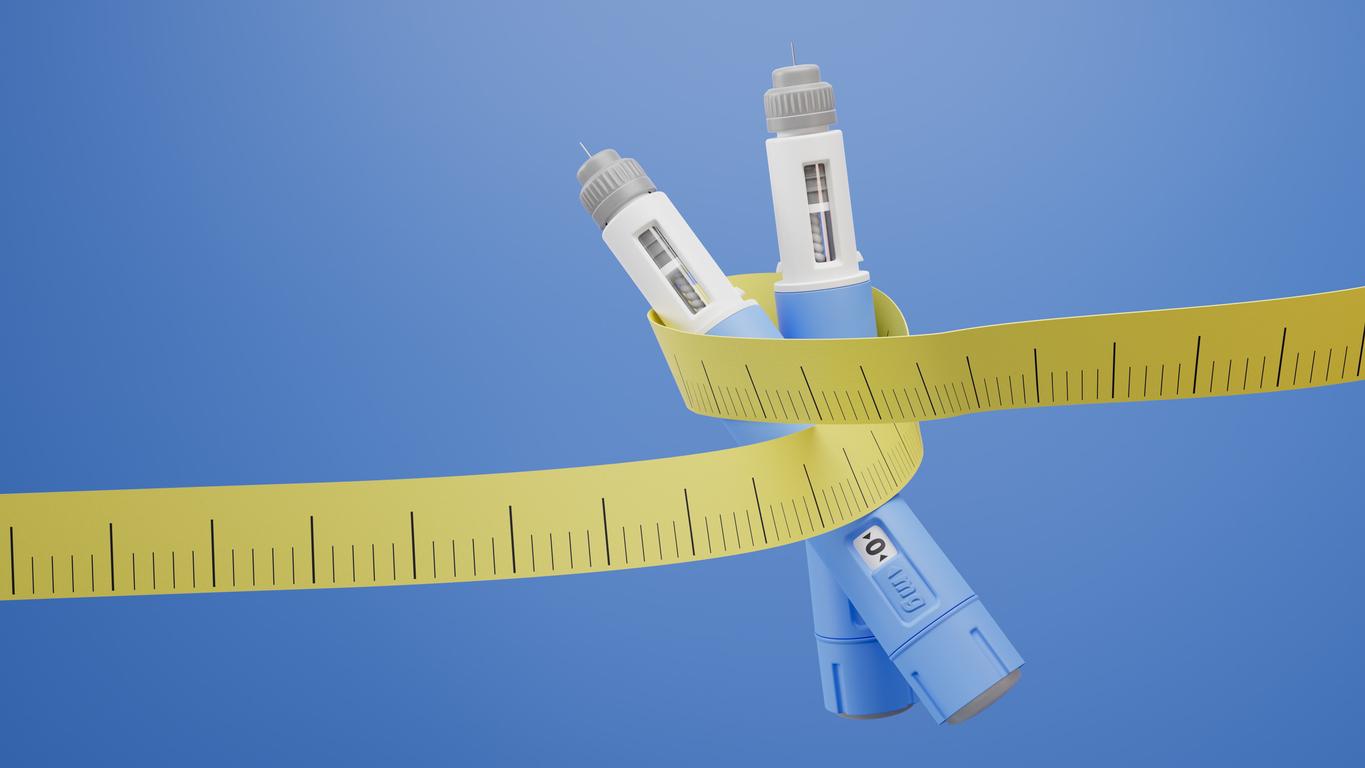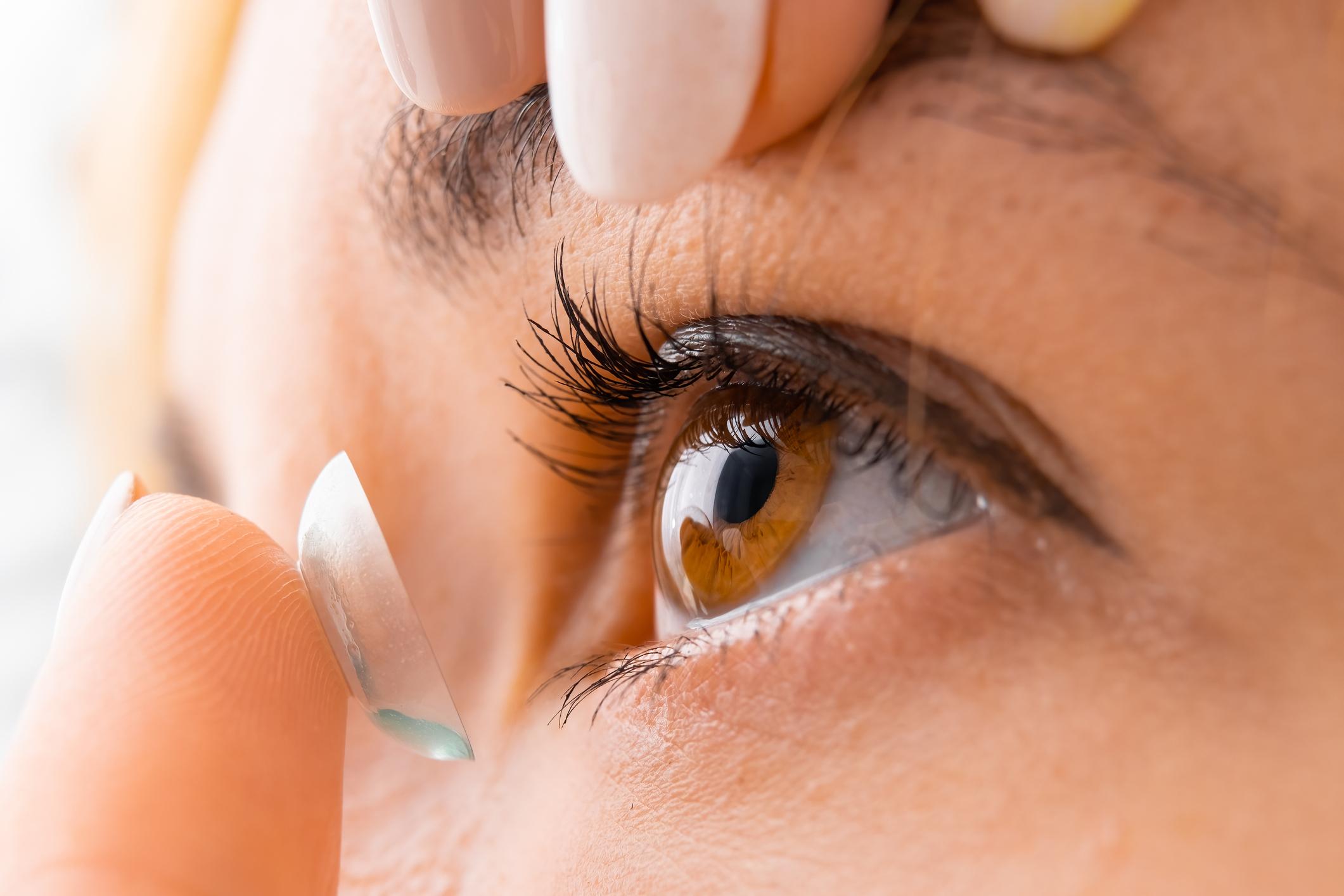Suffering from glaucoma, France 5 host Elisabeth Quin confided in her fear of going blind. What are the symptoms of this silent disease?
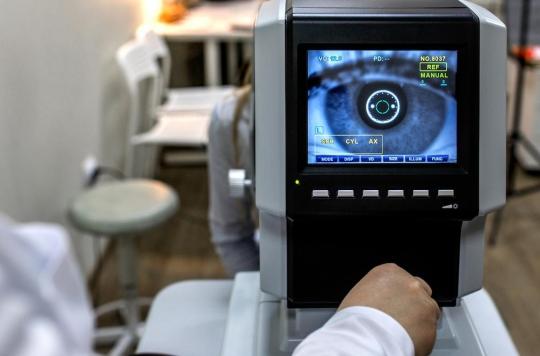
Suffering from glaucoma, Elisabeth Quin confided in her fear of losing her sight in an autobiographical book, as well as in the media. By testifying publicly, the host of France 5 hopes to raise awareness of this silent disease which affects between 400,000 and 500,000 people without knowing it.
What is glaucoma?
Glaucoma is a serious disease of the vision which, by causing a slow destruction of the optic nerve, can cause total loss of sight. It is asymptomatic, which means that the sick person does not feel pain or loss of visual acuity. The two eyes are not always affected in the same way, and one somewhat compensates for the other, which is an additional factor in late diagnosis. “To date, treatments make it possible to stop its evolution but they do not make it possible to restore vision when the disease is already advanced”, details Inserm. Glaucoma is the leading cause of blindness in France, ahead of age-related macular degeneration (AMD).
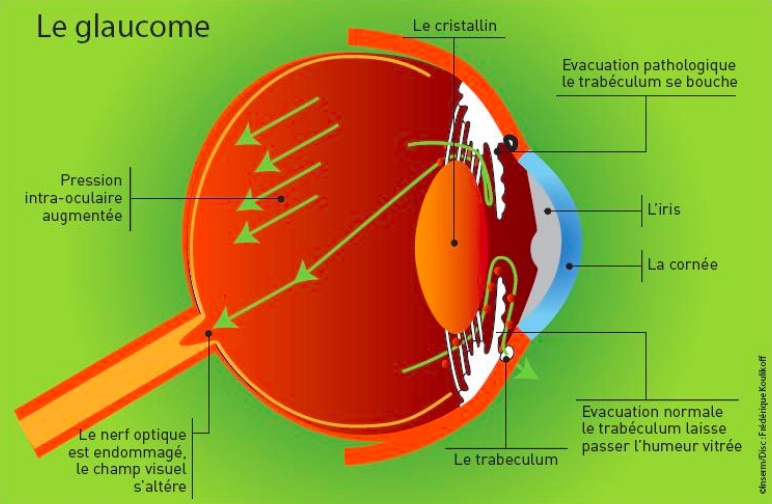
What causes glaucoma?
Several factors seem to promote this disease of the optic nerve: the increase in intraocular pressure beyond 21 mm Hg is the main factor. However, not all ocular hypertonia (or hypertension) leads to glaucoma and vice versa. There are glaucoma with intraocular pressure within normal limits. Age is also to be taken into account since glaucoma generally occurs from the age of 45 and its frequency increases with age. One in five people have glaucoma after age 70. Likewise, anot very strong myopia and l‘heredity are risk factors: around 30% of glaucoma cases are hereditary. Screening must therefore be reinforced in families with a history of glaucoma.
How do you know if you have been reached?
Apart from closed-angle glaucoma (where eye pain is associated with hardness on palpation and a rapidly progressive decline in visual acuity), open-angle glaucoma most often develops silently. Visual discomfort or eye pain therefore only appear later. This is why his diagnosis is often made during an ophthalmological examination for another reason (myopia, presbyopia, etc.).
Nowadays, treatments can stop its evolution, but they do not restore vision when the disease is already advanced. Early detection of glaucoma is therefore essential. The disease must therefore be detected during follow-up examinations in a person with predisposing factors for glaucoma : age over 45, family history of glaucoma, very high myopia, arterial hypertension, diabetes, sleep apnea or prolonged use of corticosteroids.
When should you see a doctor?
You must consult a doctor urgently, at best an ophthalmologist, in the event of pain in the eyes associated with the hardness of the eyeballs during palpation and a rapidly progressive drop in visual acuity.

.









